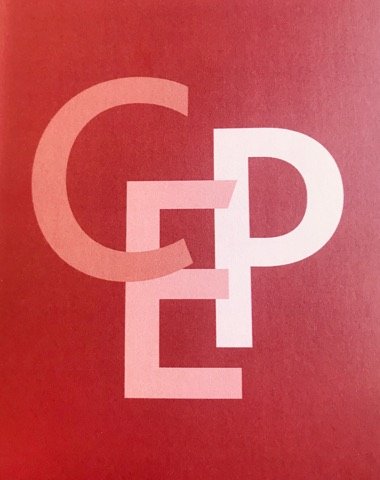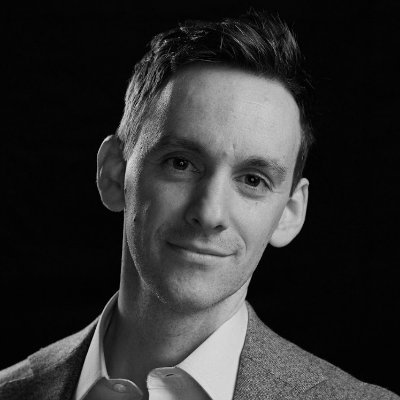
Ádám Stefkovics
@AdamStefkovics
Followers
251
Following
581
Media
109
Statuses
663
Political sociologist, pollster, survey methodologist at @Harvard @IQSS @RECENS_network and @Szazadveg
Budapest, Magyarország
Joined February 2017
Proud to see this one out in SMR. https://t.co/JW9V8N09vp
New preprint out 🤘 Using data from 31,000 ICCs, 260,000 respondents, 6,460 interviewers, 28 countries and 10 rounds of the @ESS_Survey we ask which types of questions are more prone to interviewer effects. https://t.co/P3Kn0SBK0B
0
0
1
I’m delighted to share that the August 2025 special issue of Sociological Methods & Research on Generative AI is out. With my co-editor, Daniel Karell, we put together this issue to build on the conference we organized last year. Here's a thread on each of the 10 papers:
2
31
70
New paper:"Experimental Evidence on the (Limited) Influence of Reputable Media Outlets" w/Bharat Anand, Kiran Misra, Sascha Riaz at https://t.co/J3HJRuy8G6
0
4
6
"Trust in Election Polls" 🗳️📊 Ádám Stefkovics @AdamStefkovics & Dömötör Gere explore how trust in polls depends on the source institution and perceived realism. In Hungary, accurate results lead to higher trust. 🔗 Read more:
academic.oup.com
Abstract. Opinion polls about voting intentions provide important information for citizens in shaping their own political attitudes. Nevertheless, opinion
0
3
3
Out now! Dömötör Gere, Dávid Kollár & Ádám Stefkovics @Szazadveg in their latest article discuss Who's left, who's right? Examining cross-national variations in the use of the left–right scale with anchoring vignettes https://t.co/FqFsXW2XkP
link.springer.com
Comparative European Politics - The left–right ideological position of individuals is a key variable in political science, often used to ease the complexities of political preferences into a...
0
4
7
Look at the distribution of z-values from medical research!
213
739
10K
New paper out in @SciReports with @AdamStefkovics. We examined how willingness to share digital data correlates with actual behavior in a data donation setting. Spoiler: We found only a moderate correlation.
0
1
4
New pod: The end of reading Student reading scores are plummeting. Elite-college students say they can't read full books. Leisure reading has declined >30% in this century. And, as @TheStalwart says, it's all happening as US culture swings back to "orality." What's going on?
128
603
2K
Lifestyle is a stronger predictor of aging and mortality than genetics. A new Nature study of ~500,000 people found: 🎯 17% of mortality variation was linked to lifestyle (exposome). 🧬 <2% of was explained by genetics. Here’s what you need to know 👇🧵 1/10
84
1K
5K
It costs $12,690.00 to publish open access at Nature. They are literally uploading a PDF file.
258
994
9K
I'll give a talk tomorrow about the current polling climate in Hungary in a @WAPOR webinar
📅 WAPOR Webinar on January 22, 15:00 UTC: Public Opinion in the Context of (Eastern) European Elections Speakers with @AdamStefkovics, @MKotnarowski and Jonas Elis. Less than a week to register 🔗At https://t.co/xYuidnteQU 🔗 More information at https://t.co/WammFcV3R4
0
1
0
“Who gives a fucking shit how long a scene is?” - David Lynch
152
5K
70K
R.I.P. David Lynch, January 20, 1946 — January 2025. Here is Angelo Badalamenti sharing his and David’s composition process for “Twin Peaks.”
97
3K
12K
I wrote the cover story of the February issue of The Atlantic. It builds on a lot of reporting I did throughout 2024, and I'm really proud of it. It’s called: THE ANTI-SOCIAL CENTURY The thesis: Rising solitude is the most important social fact in American life today. The
175
1K
4K














